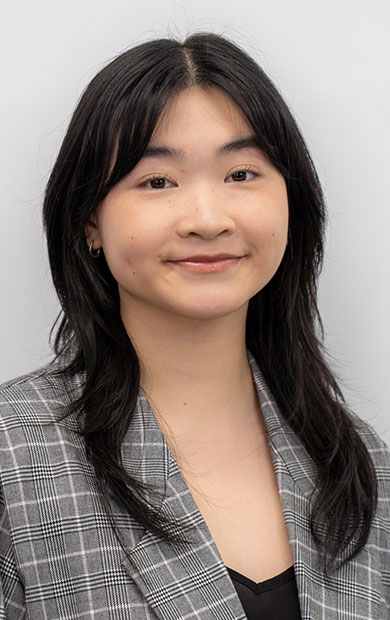Standards Australia welcomes Distributed Energy Resources (DER) rule change

In the last two decades, almost four million solar PV panel systems have been installed across households in Australia. Additionally, Australians are looking towards other renewable options from electric vehicles, home batteries, smart appliances and more. All these renewable options rely on individual units called Distributed Energy Resources (DER).
DER are consumer-owned devices that can generate or store electricity and allow consumers to manage when they withdraw energy from the grid.
With rapid uptake and greater demand for DER, continuous consideration is needed across technical and operational challenges, planning, regulatory frameworks, and business models.
DER technical standards are critical in maintaining a reliable and safe energy market.
Request for DER rule change
In September 2020, the Australian Energy Market Commission (AEMC) received a rule change request which sought to amend the National Electricity Rules (NER) in the following ways:
1. Create DER technical standards either in the NER or an instrument governed by NER.
2. The NER provide for the enforcement of any National Electricity Market (NEM) DER technical standards, as well as relevant Australian Standards for distribution connected inverters.
3. Establishes the AEMC as the responsible body for setting DER technical standards, including the related procedures for AEMC to:
3.1 Monitor, review, develop, consult on, set a vision, and work program for DER technical standards for the national electricity system (updated annually);
3.2 Update or develop new DER technical standards as needed
3.3 Carry out public consultation in relation to the above which may be similar to the current AEMC rule change processes or be a bespoke process.
AEMC undertakes five new roles
DEIP consulted with Standards Australia to promote and incorporate interoperability objectives in DER technical standards. Standards Australia seamlessly developed and updated DER technical standards with the objectives as a key focus alongside its existing framework of stakeholder consultation, industry, and technical knowledge.
“The issues raised in the rule change request are already addressed through existing governance arrangements, underpinned by rigorous, transparent and time-sensitive standards development processes,” said Adrian O’Connell, CEO at Standards Australia.
The rule change request was considered, and today, the AEMC has announced that it will undertake five new roles, if and when needed:
- Identify when the NEM needs new DER technical standards
- Work with the Energy Security Board and ARENA’s DEIP
- Observe Standards Australia’s DER technical standards working groups
- Update DER technical standards in the NER as needed
- Report on progress adopting standards and integrating DER
“Standards Australia welcomes this decision and remains committed to supporting the decarbonisation of the Australian economy through thorough, consensus-based, and internationally aligned technical standards. We are confident that through the current robust, coordinated approach, the governance of DER technical standards can facilitate the steady uptake of DER technologies and meet the needs of a dynamic market,” concluded Mr O’Connell.
AEMC continues to observe Standards Australia committees
The AEMC is participating in Standards Australia’s DER technical committees as an observer — that is, a non-voting member. For example, the AEMC is currently an observer on Standards Australia’s working group for AS/NZS 4777 standards series.
By expanding the AEMC’s participation in other DER-related committees, the AEMC will be able to provide perspectives to working groups on NEM issues and priorities. This can help technical committees better understand NEM interests from standards development, including consumer-oriented analysis in accordance with the National Electricity Objective.
For example, the AEMC can confirm it is currently observing DER technical committees on:
- electrical metering equipment (EL-011)
- minimum inverter standards (EL-042)
- smart energy (addressing IEEE 2030.5, an international technical standard that is being considered by ARENA DEIP and the ESB in the context of interoperability; EL-062).
The AEMC will provide stakeholders with a periodic update on its committee membership, including confirmation of the specific committees it is observing.
The AEMC agrees with the importance of addressing DER technical standards to realise DER's benefits. Rather than indicating its prioritisation of technical standards, the roles emphasise is a necessary recognition of the AEMC's unique responsibility to implement standards in the NER as the NEM's rule-maker.
Observer status distinguishes the AEMC from industry participants in the standards development process, who might wish to advocate certain positions--unlike industry participants, for example, the AEMC will not vote on decisions through the process. The AEMC will otherwise fully engage with Standards Australia's DER committees.
Standards Australia continues to consider ways to work collaboratively with the AEMC and industry stakeholders to develop fit for purpose, responsive and agile technical standards for DER.
media enquiries
For media enquires, please contact:


